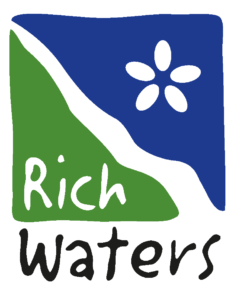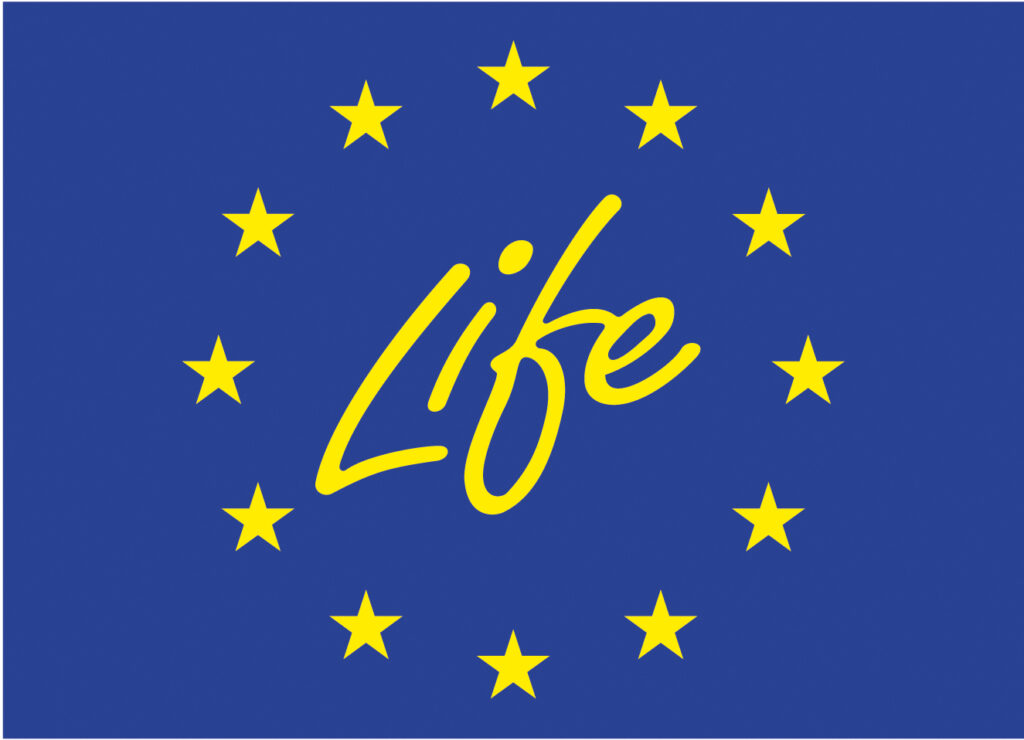Summary
The Baltic Sea is one of the world’s most eutrophic seas. Due to human activities such as agricultural efficiency improvements, artificial fertilization, drainage of wetlands, etc., the Baltic Sea was transformed during the 20th century from a nutrient-poor inland sea with clear water to an eutrophic inland sea with altered species composition, unnatural algal blooms and bottom mortality as a result.
About 15 years ago, mussel farming was proposed as a new complementary measure against eutrophication in the Baltic Sea by Gren et al. (2009) and Lindahl and Kollberg (2008). Since then, significant efforts have been made to develop and evaluate mussel farming from various aspects, economic, environmental as well as technical.
In this cost-benefit analysis, these aspects are evaluated. The report is based on Ecopelag’s continuous sampling during the project, various literature and the socio-economic analysis carried out by Tyréns with regard to both environmental and socio-economic effects (Franzén & Svensson 2024). However, it does not claim to provide a complete picture of all potential advantages and disadvantages of mussel farming in the Baltic Sea. The areas evaluated are:
- Cost environment – potentially negative environmental effects
- Benefit environment – potentially positive environmental effects
- Cost mussel farming (economic)
- Benefit mussel farming – social effects
The combined assessment of costs and benefits presented in this report shows a clearly positive picture where the benefits appear to outweigh the costs. The negative environmental effects do not appear to be significant, while there are several potential positive effects both environmentally and socio-economically. However, it should be emphasized that mussel farming as a measure for nutrient reduction should only complement, not replace, land-based measures. Mussel farming should primarily be seen as a method for recirculating nutrients that have already leaked out and/or nutrients that cannot be stopped before they reach the coast. Mussel farming could also be used as a complement/compensation for areas and water systems that have poor conditions to implement other measures at a reasonable cost, or to even reach the need for action. In these cases, mussel farming could be used as a complementary measure that, in addition to contributing to the need for action, also looks like it could create a completely new socially, environmentally and economically sustainable blue economy.


